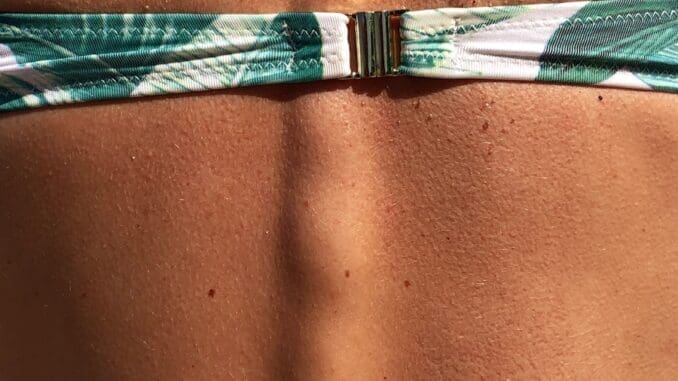
Exposure to UV rays from the sun and tanning beds puts everyone at risk for developing skin cancer. That’s why regular skin checks and screenings are essential for early detection and prevention. Visiting a skin cancer check clinic like Sundoctors provides expert head-to-toe skin examinations and education to protect your health and appearance.
Keep reading to learn how convenient clinic visits for whole-body mole mapping and skin surveillance can aid in catching concerns early and guiding treatment. Don’t take chances with your skin and risk development of this prevalent cancer. Take advantage of clinical skin checks and screenings.
Professional Full-Body Skin Exams
At a specialized skin cancer check clinic, you’ll receive a professional exam by a dermatology provider to thoroughly inspect all areas of your skin. High-definition dermatoscopes and other technologies allow the best possible view of any spots or growths. The provider carefully reviews your skin looking for:
- Atypical moles or lesions
- Potentially cancerous growths
- Pre-cancerous areas needing treatment
A clinic check is far more comprehensive than a quick peek at obvious body parts by your primary doctor. You’ll be guided through a systematic head-to-toe screening focusing on where cancers commonly develop, including:
- Face, neck, scalp, and lips
- Torso, chest, abdomen, upper back, and lower back
- Arms, underarms, hands and fingers
- Legs, feet bottoms, and between the toes
- Groin, buttocks, and genital region
In addition to inspecting everywhere, the clinic provider educates on performing self-checks at home between visits. You’ll learn how to monitor all areas and what to look for.
Mole Mapping and Tracking
A key part of the skin cancer screening is mole mapping. The clinician documents and photographs your various moles and marks their locations on chart diagrams of your body. This establishes a baseline for comparison at future exams to detect any suspicious changes in existing moles that may indicate malignancy.
The clinic retains your mole map record and uses dermatoscopy photography to closely inspect and compare the morphology of moles over time. Any abnormal moles can be monitored or biopsied. Tracking changes is vital for early diagnosis.
Risk Assessment and Prevention Education
Along with the clinical skin exam, the clinic visit includes assessing your risk factors for skin cancer. Your provider will ask about:
- Family history of skin cancer
- Lifetime sun exposure and burns
- Use of tanning beds
- Skin type and sensitivities
- Lifestyle and environmental factors
Knowing your risks allows personalized recommendations on preventive measures and follow-up frequency. The clinic educates on sun safety and avoiding UV damage through:
- Sunscreen use and reapplication
- Protective clothing and hats
- Avoiding peak sun hours
- Staying in the shade
- Being aware of reflection intensifying exposure
Treatment of Suspicious Lesions
If any areas of concern are found during your visit, the clinic can perform medically indicated biopsies, cryosurgery, or topical treatments right on the spot. Advanced techniques allow rapid analysis of biopsied tissue to determine malignancy and guide next steps in one appointment.
Catching any developing skin cancers early allows for less invasive surgical excisions. The clinic can coordinate specialized treatments with an on-site or referred dermatologic surgeon if needed. Early detection and removal prevents cancer from advancing and spreading.
Ongoing Monitoring and Support
Skin checks are not a one-time event. The clinic will advise on the ideal frequency for re-screening based on your risks. Most patients need annual total body exams at minimum for adequate monitoring, more often for high-risk groups. The clinic becomes your trusted skin health partner for ongoing exams, education, body mapping, and timely treatments. Having a dedicated clinic avoiding wait times for appointments and procedures allows peace of mind.
Conclusion
Don’t gamble with your skin health. Take control by scheduling thorough skin cancer surveillance and mole mapping at a specialized clinic. Expert clinical exams detect concerns early when they are most treatable. Ongoing monitoring and education keeps you vigilant against preventable skin cancers. Give yourself the gift of healthy skin for life. Contact a reputable skin cancer check clinic in your area to book your first vital full-body skin assessment today.



Be the first to comment